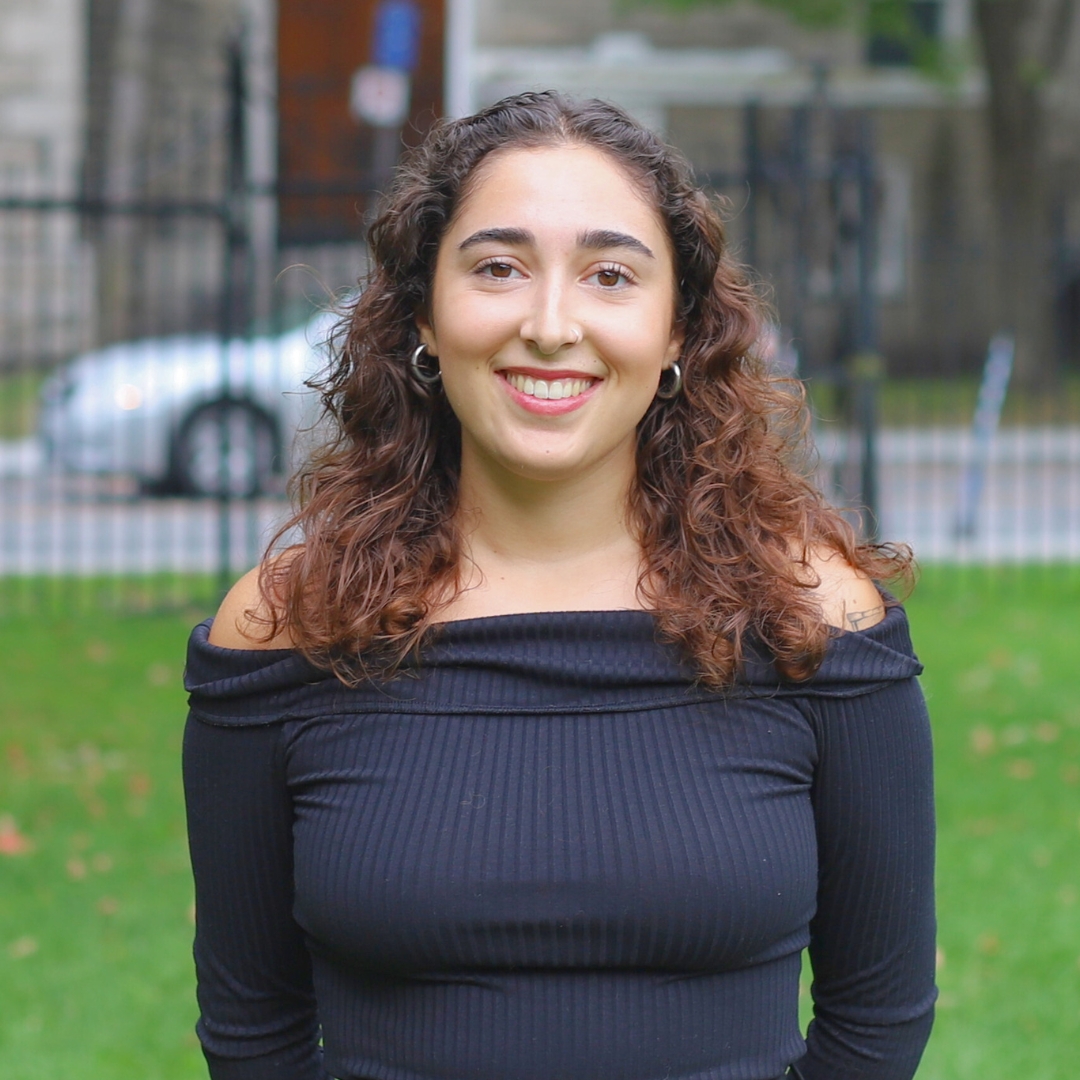Screening of film by U of O alumni thrills audience at Ottawa Canadian Film Festival
From November 2-4, the Ottawa Canadian Film Festival (OCAN23) took place at the Bytowne Theatre on Rideau St. On Sunday, to cap it off, the festival played its only feature-length selection titled Broken Waters. The film is directed by Karolyne Natasha, a former University of Ottawa student. In addition to directing, Natasha is also the producer and the lead of the bilingual film. It is inspired by Jocelyne Beaulieu’s play J’ai beaucoup changé depuis.
The plot follows Dr. Marguerite Lafontaine (Valérie Descheneaux), a Francophone psychiatrist in 1983 Ottawa. Dr. Lafontaine is a strong believer in the humanistic approach to psychiatry through talk therapy, directly challenging the 1980s conventional approach of using heavy pharmaceuticals to treat patients. When Francophone patient Isabelle Brissette (Karolyne Natasha) gets admitted to the hospital for trying to kidnap a child from a park, Dr. Lafontaine views her case as a perfect opportunity to demonstrate the new methods of treatment. However, things get complicated after Dr. Lafontaine discovers she is pregnant. The film tackles women’s struggle with managing pregnancy, and trying to break career boundaries with nuance and care. It also addresses the challenge healthcare professionals face of getting attached to their patients.
Broken Waters brings light to how tragic the process of healing can really be. It has a heart-wrenching climax that encapsulates the messiness of life without the sunshine and rainbows; the film’s winter backdrop adds to the general gloominess. Despite this, the film points to hope as the only path in a world full of hopelessness.
When dealing with issues like mental health, there is a lot of significance in what does not meet the eye. In a Q&A session after the film’s screening, Natasha explained that she didn’t want the film’s themes or ending to be black and white. “There is a lot of grey,” she said, while humbly denying a request to interpret a scene. The film’s use of symbolism is sparse and used effectively.
Broken Waters’ bilingual nature is a core aspect of making the film what it is. In the same Q&A, Natasha explained how the Franco-Ontarian perspective is rarely seen in the media. In response, she founded Believe Films, a production house centred around Franco-Ontarian culture. The Believe Films website expands further on the film’s cultural backdrop, “Broken Waters bilingual script is a real and accurate depiction of how French and English are used in the day-to-day lives of Francophones living in a minority environment in Canada. Naturally, the dialogue between the Franco-Ontarian characters is in French, but English is used in their interactions with Anglophone characters.” The language transitions bring an extra element of realism to the setting, as bilingualism is a staple of Ottawa life.
In addition to OCAN23, Broken Waters has been selected for the Regina International Film Festival and Awards, Forest City Film Festival, L.A. Femme International Film Festival, and Silver Wave Film Festival.









